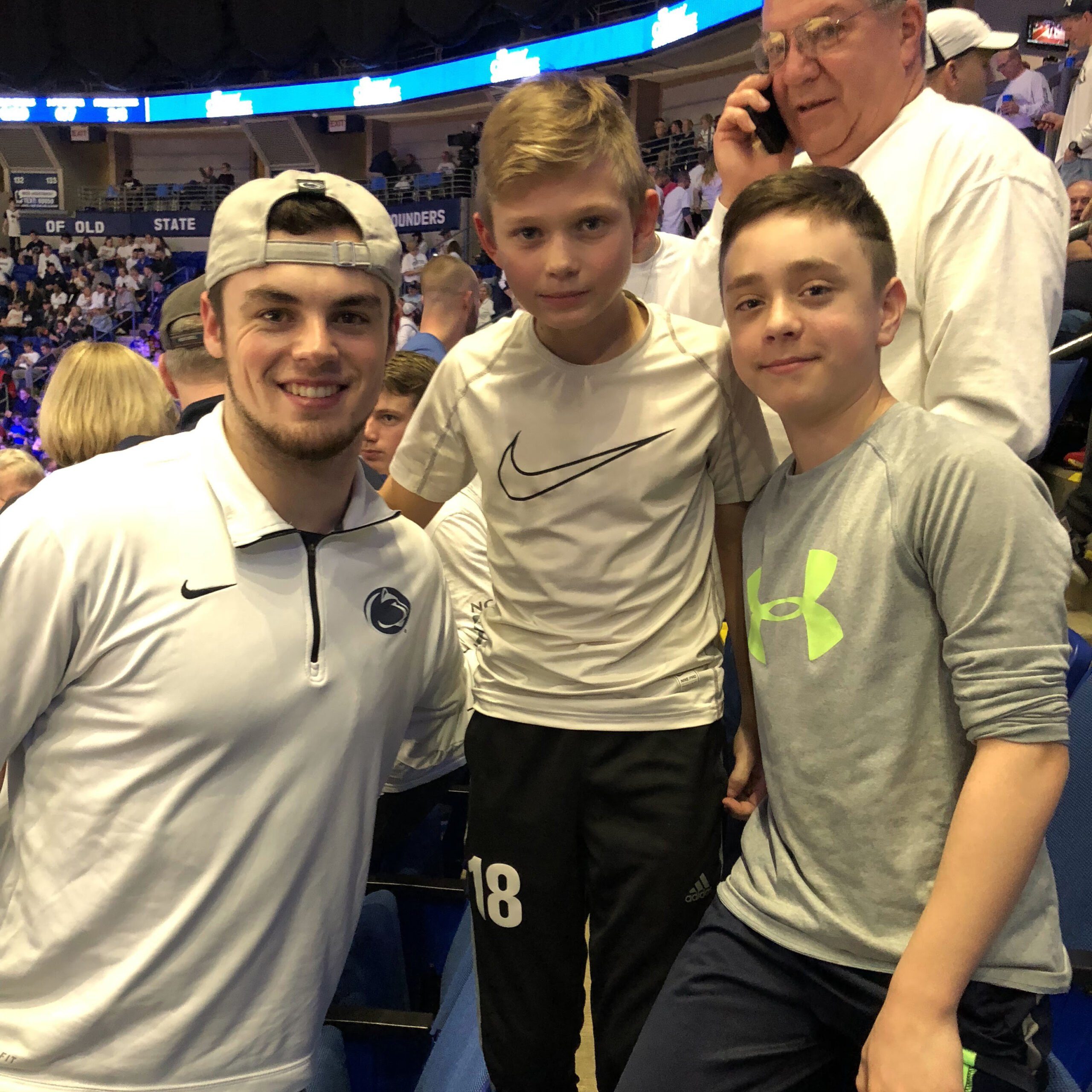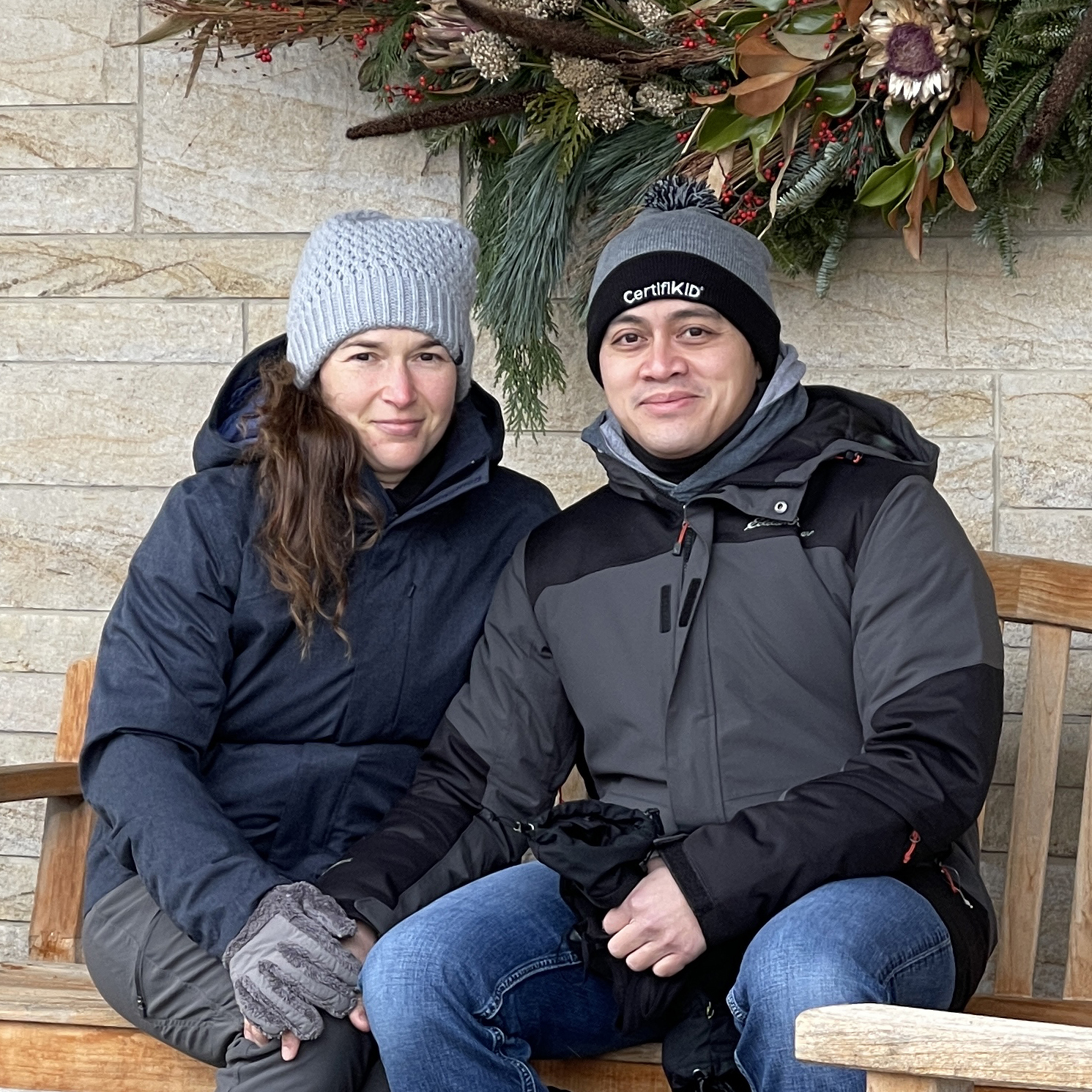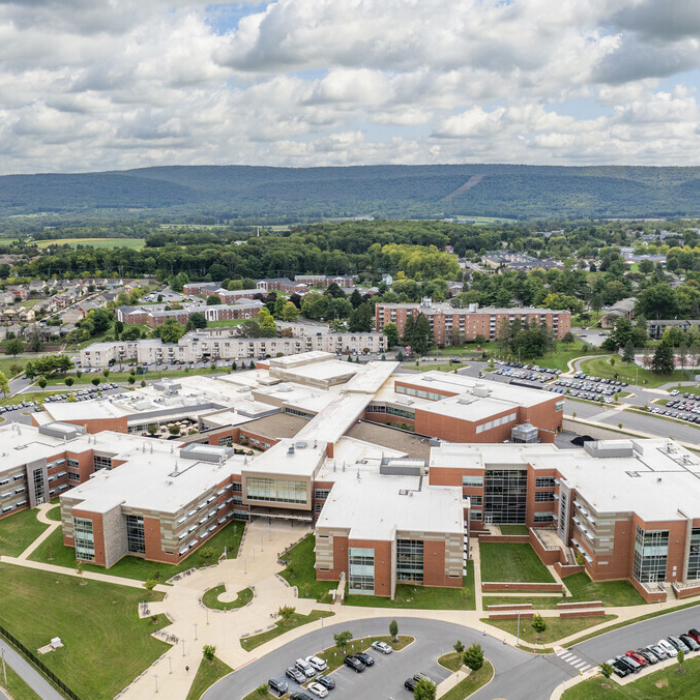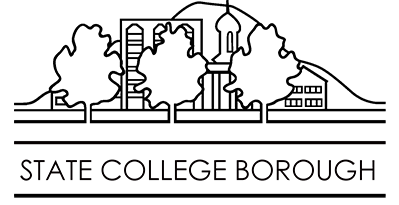Exciting news! This newsletter is a guest post by local writer and educator David Rockower. We hope you enjoy it!
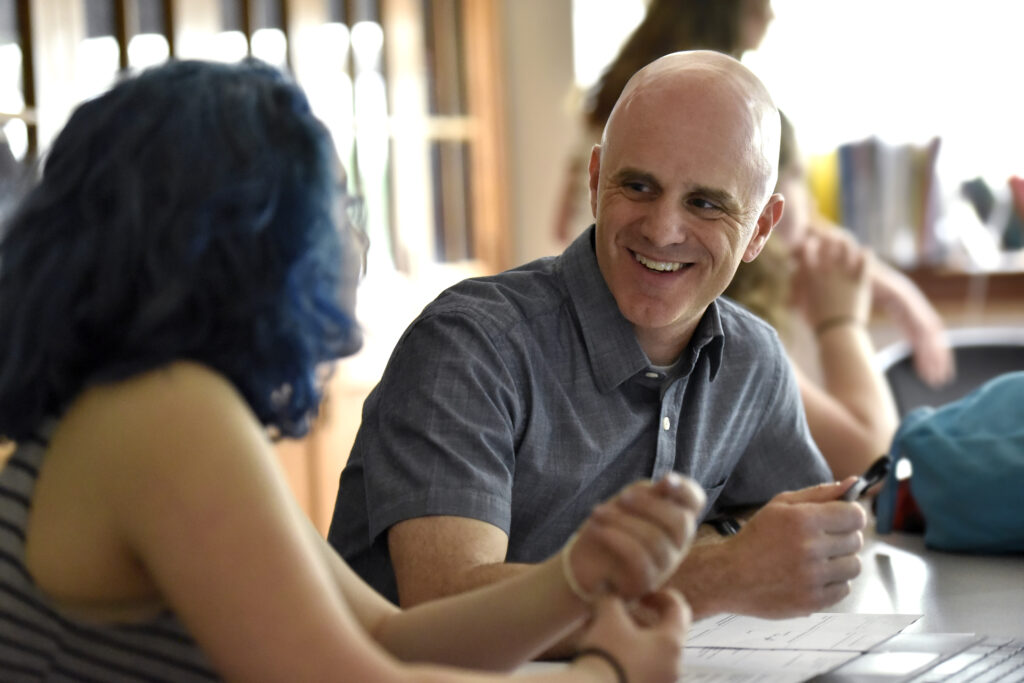
As a daydreamer with a big imagination and poor memorization skills, I struggled in the traditional classroom. I was easily distracted and often lost when it came to content knowledge. I was the kid who leaned over to ask you, “What did she say we are supposed to do next?” By the end of 10th grade, something had to give, so I took the leap and transitioned to The Delta Program—a small, democratic school founded on student voice and choice. With weekly all-school meetings facilitated by students; an advisory council made up of teachers, students, and parents who made decisions about the school; courses like Ornithology, Native American Literature, and Choice Reading; and an open campus, I was intrigued.
I thought I could fly under the radar at this little school, but I quickly learned that just the opposite was true. The teacher-student ratio was so small, there was nowhere to hide. And, to my surprise, I found that hiding was not really what I wanted to do! All of a sudden, I was engaged, comfortable expressing myself in smaller classes, reading books of my choosing, and writing about self-selected topics. Learning became relevant, and for the first time in my life, I felt pride in my school. Still, I was aware of others for whom this environment didn’t work. Some of my friends needed more structure—the freedom at Delta was too much for them, and they were more focused and engaged at State High. Thus, my slow realization that what worked for me did not work for everyone. I went on to graduate from Delta and felt prepared for college. Because of my newfound passion for reading and writing, I was excited about learning at the next level.
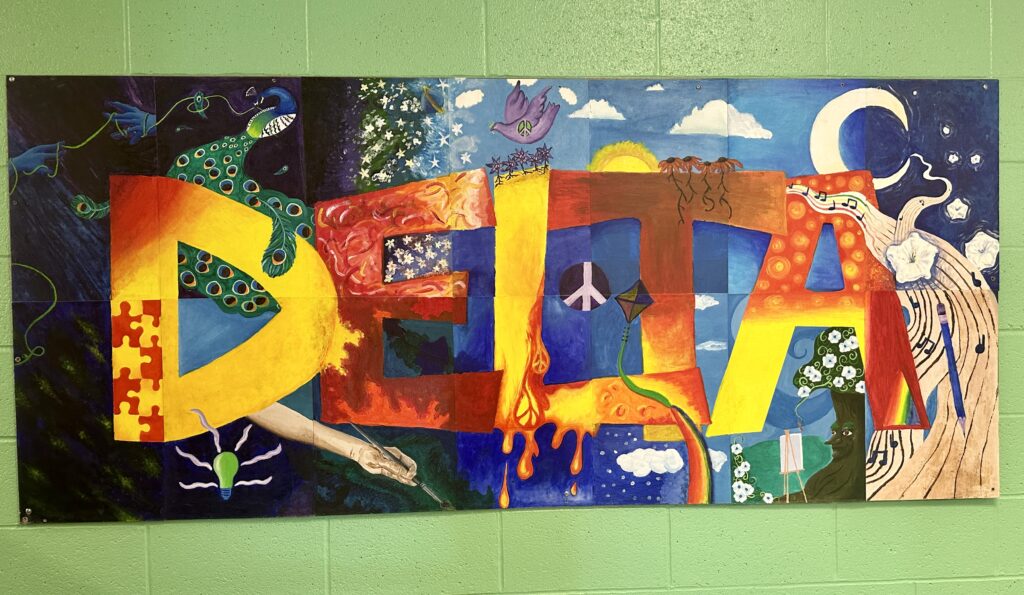
Fast forward several years, and I found myself teaching at a traditional elementary school. I loved building community with my students and helping them discover their strengths. But there was an underlying urge to break the mold, experiment, and design new curriculum. This desire grew each time I noticed a bored or disinterested student. Every eye roll, heavy sigh, and complaint stung—because I was that kid. I remembered how it felt to spend hours thinking what’s the point? I didn’t want my students to slog their way through school. Again, I was reminded of the diversity of learners that exist in every classroom. Some were thrilled to be there, open-eyed, focused, engaged, while others were sullen and disengaged. Could I be the kind of teacher that all of them needed? Probably not.
In 2014, while I was experiencing another transition in my teaching career, I was asked to help expand Delta to include a middle school program. I got chills. The idea of becoming a teacher at the school where I learned to love learning was almost too much. Now, eleven years later, I’m proud of the program we’ve built. Each year, some students find a home, a community at Delta. They thrive, finding their voices at all-school meetings, choosing classes that meet their interests and needs. And each year, some of their closest friends remain at traditional middle schools, because that’s where they flourish.
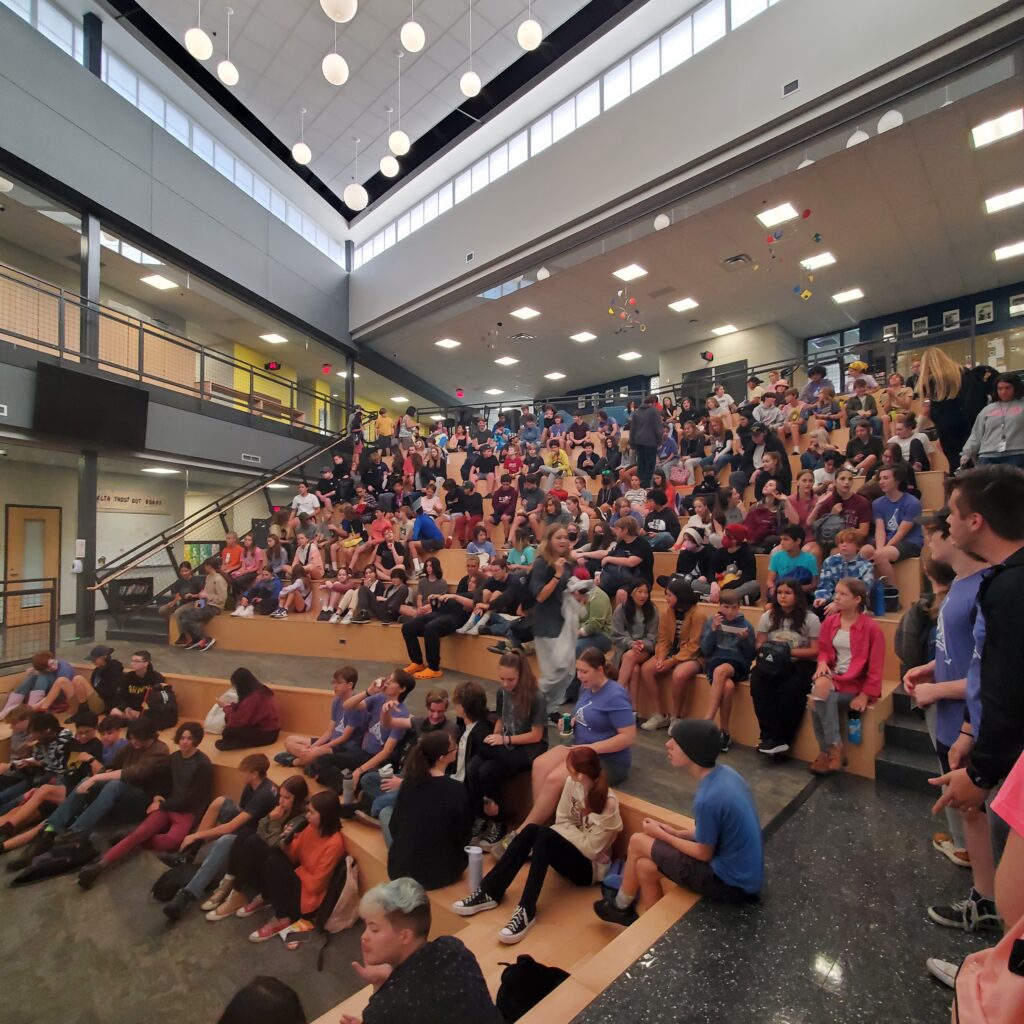
My own children— now in college— attended Delta Middle. Recently, my daughter, Maddie, said, “Dad, I’ve been thinking a lot about this, and I am now 100% positive that Delta’s all-school meeting made me comfortable speaking my mind in class and taught me how to respectfully disagree with other kids.”
“Wait,” I said, “Can you say that again?”
“I know…I know. I complained about it in middle school. But, having weekly meetings where we talked about issues in front of 100 students and teachers definitely made it easier to speak my mind in a class of 20.” Maddie’s memory is just one example of how Delta benefited her during middle school.
There are those of us who thrived in traditional public schools and look back on high school experiences with appreciation and nostalgia. Others couldn’t wait to escape the dark hallways and confining classrooms that occupied our teenage years. My experience as a student who struggled in school led me to long for an alternative path—both as a student and, ultimately, as a teacher. We are fortunate to have more than one option for our students here in State College. When I tell my story to families, I’m proud to say that Delta saved me as a student, and it saved me again as a teacher.
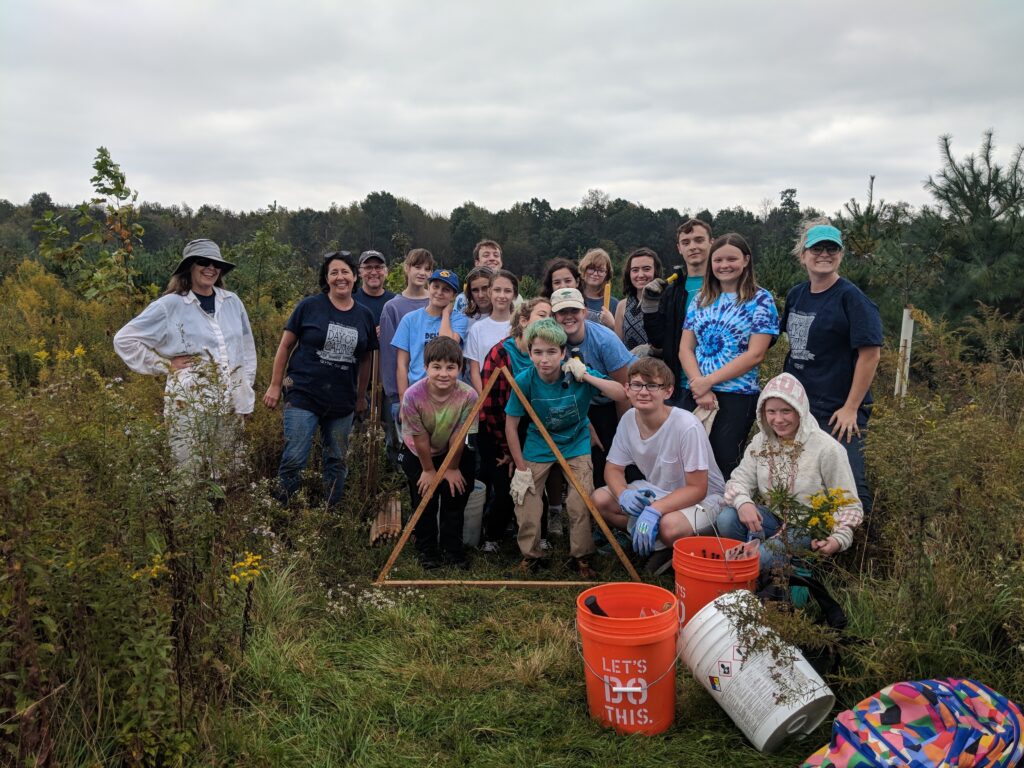
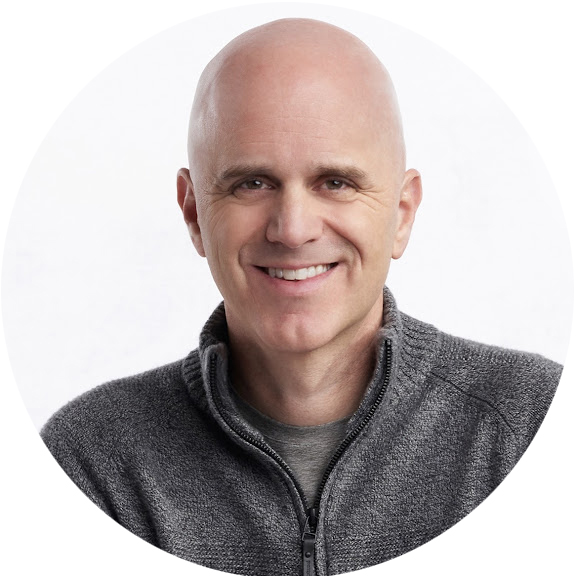
Heineman Fellow and 2017 NCTE Outstanding Middle Level Educator, David Rockower, teaches English at Delta Middle School, a democratic school in State College governed by students, teachers, and parents. David is also a freelance writer and has published articles in The Washington Post, Insider, Education Week, Your Teen for Parents, and is a regular columnist in State College Magazine. His book is titled The Power of Teaching Vulnerability: How Risk-Taking Transforms Student Engagement.

